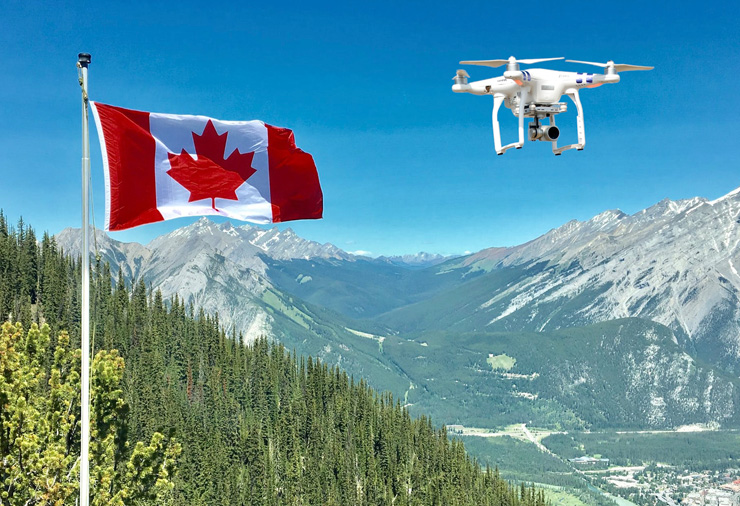
Transport minister Marc Garneau has issued new regulations to all drone operators in Canada. All drone operators are now required to register their drones and participate in an online test for certification. This announcement means that drone users will now have to pass this certification test to continue operating them.
The regulations range from piloting drones under the influence of drugs to flying drones near emergency areas. These changes in legislation will apply to drones weighing between 250 grams to 25 kilograms regardless of the intended use, so it does not matter whether you use your drone for recreation or work.
While unveiling these new laws in a press conference on Wednesday, January 9th 2018, Federal Transport Minister Marc Garneau pointed out that piloting drones could cause unforeseen accidents with enormous repercussions. The changes in law came after extensive consultation with stakeholders in the drone industry and several reported drone-related accidents.
The Minister issued a strict warning that these new regulations will come with a fine of up to $25,000 or even time in jail depending on how severe the offense is. He further pointed out that these will encourage drone operators to be more responsible and worry about general public safety.
Drone registration will cost $5, a $10 fee for the piloting exam for basic drone operation, and $25 for advanced drone operation.
Some of the new rules include:
• A minimum age of 14 years to apply for registration for basic ownership.
• A ban on operating drones under the influence of alcohol or drugs. It is also illegal to operate drones within the 12 hours after consuming alcohol.
• Drones are not allowed to fly above a limit of 122 meters from the ground.
• Transportation of living creatures on the drones is not permitted.
• Apart from certified emergency responders, drones are not allowed to fly over or close to an emergency scene.
A report from Transport Canada showed that there are 193,550 remotely piloted drones in Canada, a massive contrast to 37,000 manned aircraft such as airliners or small planes. These discoveries proved that these drones have a high chance of causing aviation related accidents with catastrophic consequences. The department of Federal Transport pointed out that registration and training of drone operators would improve aviation safety. The new safety rules will take immediate effect for up to one year to create a sense of safety for the public after which new permanent regulations will take hold.
|